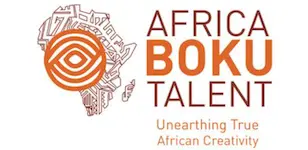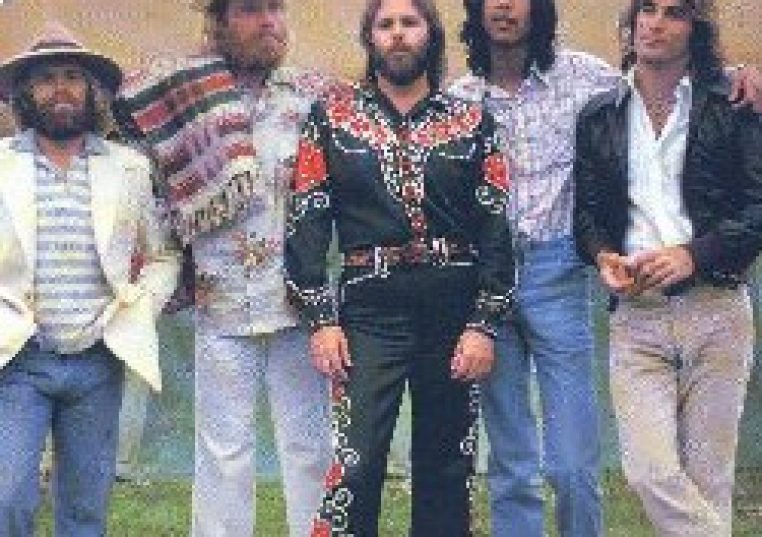Ricky Fataar (born 5 September 1952) is a South African musician who has performed as both a drummer and a guitarist. Fataar’s first childhood band was The Flames, a band from his birthplace of Durban, South Africa. He joined the band at the age of nine. The band made several recordings as well as touring all over southern Africa and before long they became quite popular in South Africa. By the time he was twelve years old he had already won the honour of being voted as the “Best Rock Drummer in South Africa”. In 1968, the band moved to London and began touring in the United Kingdom. On one of their tours, they were spotted by a founding member of The Beach Boys, Carl Wilson. He was impressed by their talent and offered to sign them to the Beach Boys new record label, Brother Records.[1] The band moved to Los Angeles and they recorded and released their 1970 album The Flame with Carl Wilson producing the album. The Flames disbanded in late 1970, and Fataar and his former Flame bandmate Blondie Chaplin were recruited by The Beach Boys, in March 1972.[2] Fataar was asked to play drums for the band after drummer Dennis Wilson suffered a debilitating hand accident. The duo recorded two albums with the Beach Boys, and began touring with them in 1971. The 1972 Beach Boys album Carl and the Passions – “So Tough” featured musical and vocal contributions from Chaplin and Fataar. It also included two songs written by the duo, “Here She Comes” and “Hold On Dear Brother”. On the band’s next album, Holland, released a year later, both musicians recorded, and provided backing vocals, including the hit single “Sail On, Sailor”, on which Chaplin sang as lead vocalist. They also collaborated with Carl Wilson and Mike Love on the song “Leaving This Town”. 1973 saw the first live album The Beach Boys in Concert, upon which Fataar performed. It featured a live version of the previously unreleased Chaplin/Fataar/Love collaboration “We Got Love”, which was originally intended to be released on the Holland album, but was removed from the running order to make way for single “Sail On, Sailor”. Both Fataar and Chaplin would later depart the band, with Fataar only appearing on the tracks “It’s OK” and “That Same Song” off the Beach Boys’ next studio album, 1976’s 15 Big Ones. In March 2019, Big Noise’s Al Gomes and Connie Watrous presented a plaque from Roger Williams University to Fataar in Providence, RI at a sold-out Bonnie Raitt/James Taylor concert. The plaque commemorates The Beach Boys’ 22 September 1971 concert at The Ramada Inn in Portsmouth, Rhode Island, now Roger Williams University’s Baypoint Inn & Conference Center. The concert was the first-ever appearance of Fataar as an official member of the band, essentially changing The Beach Boys’ live and recording line-up into a multi-cultural group. In 1978, Fataar starred in All You Need Is Cash, a mockumentary film known more commonly as The Rutles, a spoof on the real life history of the Beatles, which was a follow-up to a Saturday Night Live television sketch. The Beatlesque music for the Rutles was written by Neil Innes, formerly of the Bonzo Dog Doo-Dah Band and musical collaborator with Monty Python. Fataar’s character was Stig O’Hara, the band’s guitarist (analogous to George Harrison). He speaks no dialogue in the film, being sent up as “the quiet one” in it.[1] Fataar’s then wife, Penelope Tree, also appeared in All You Need Is Cash, as Stig’s wife, Penelope. The band’s two records, The Rutles and Archeology, featured him playing guitar, bass, sitar, drums, and singing. He would also go on to record a single with Eric Idle as ‘Dirk & Stig’ titled, “Mr. Sheene” / “Ging Gang Goolie”.

